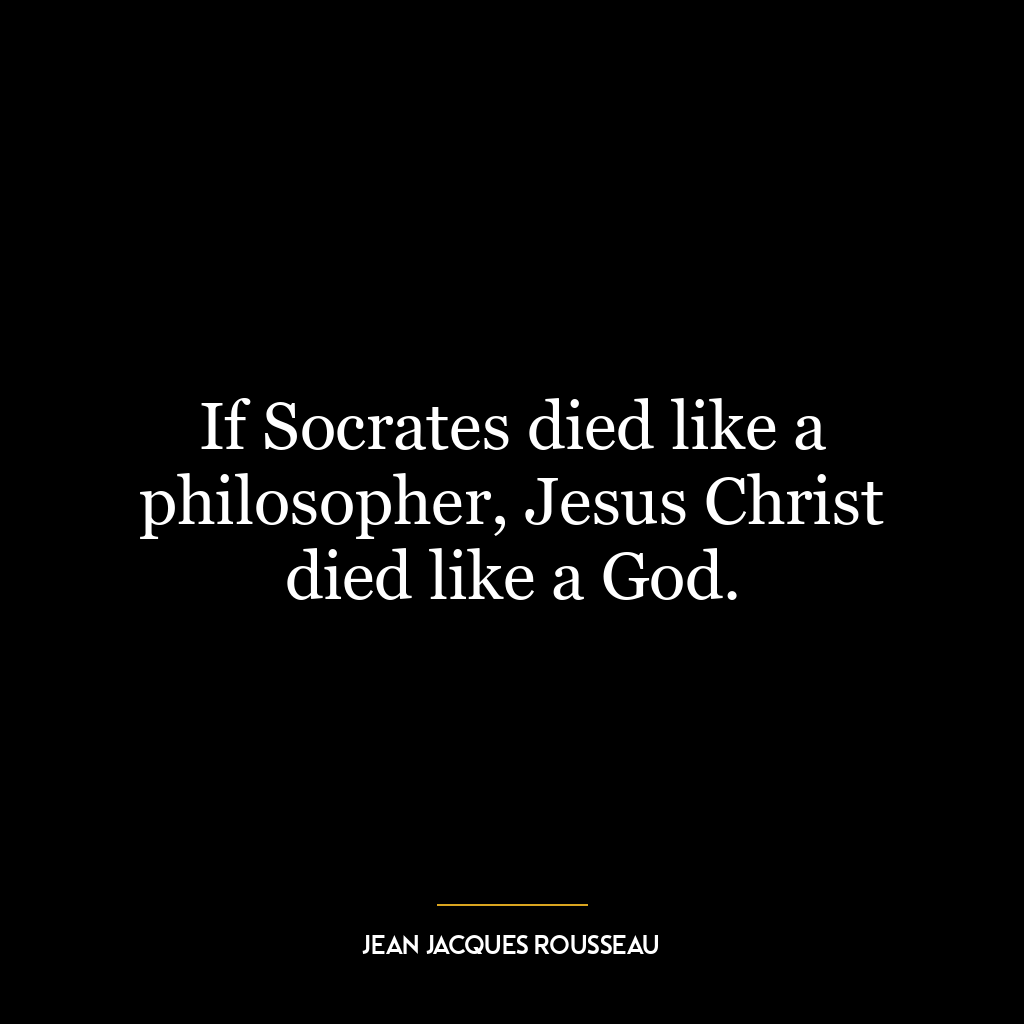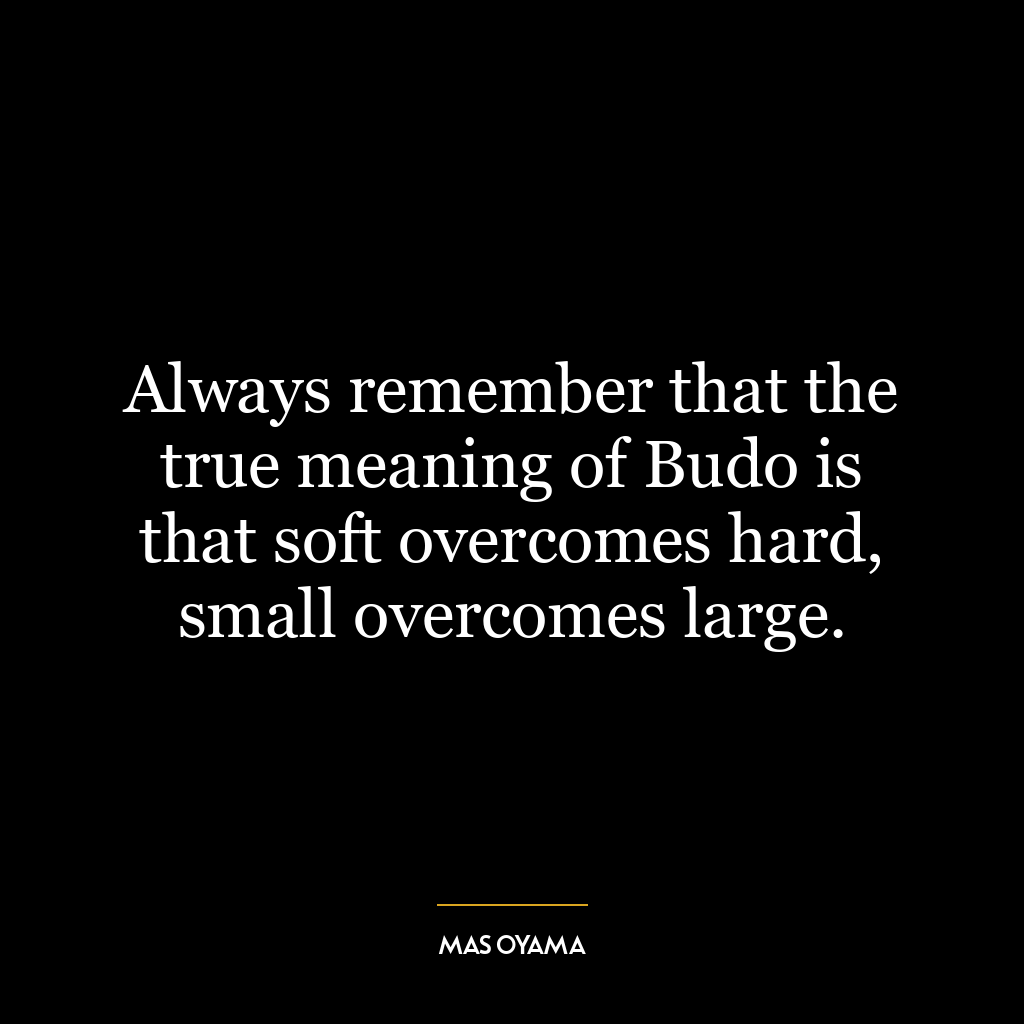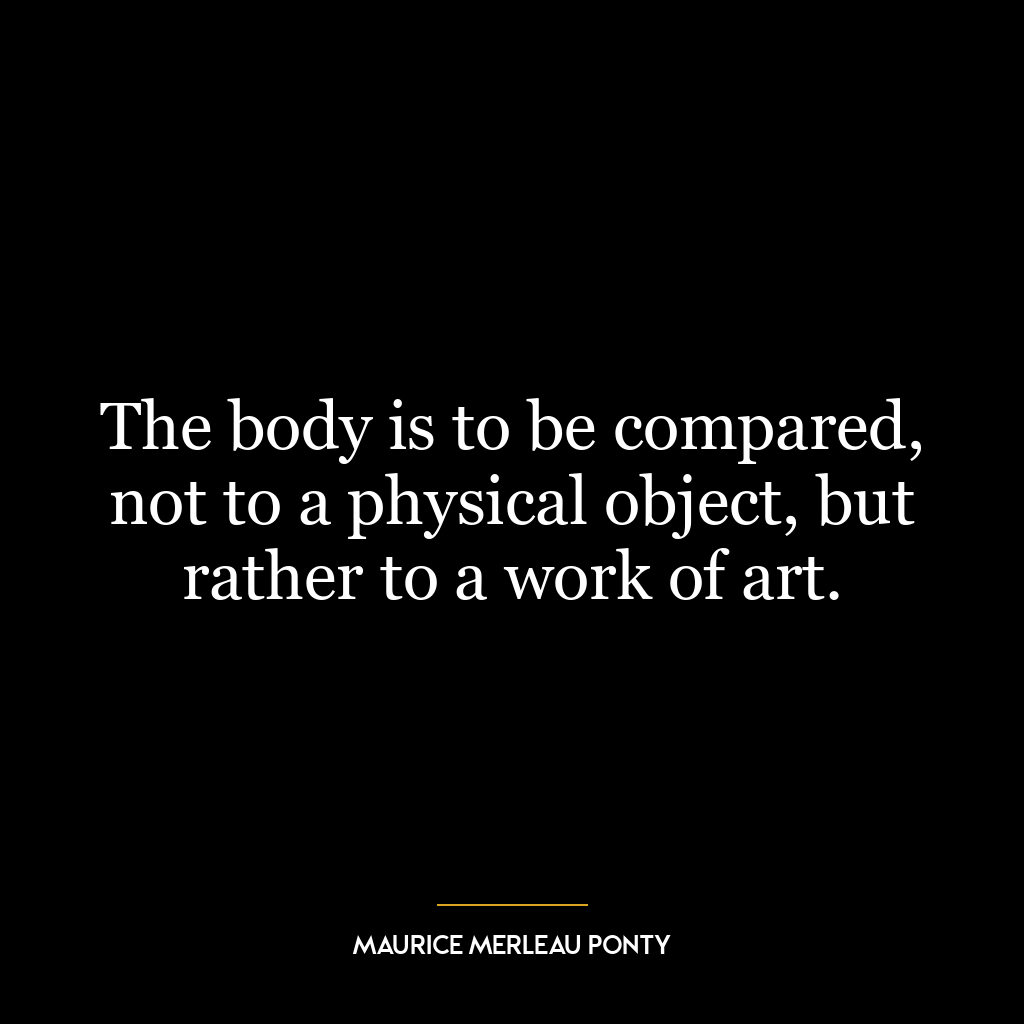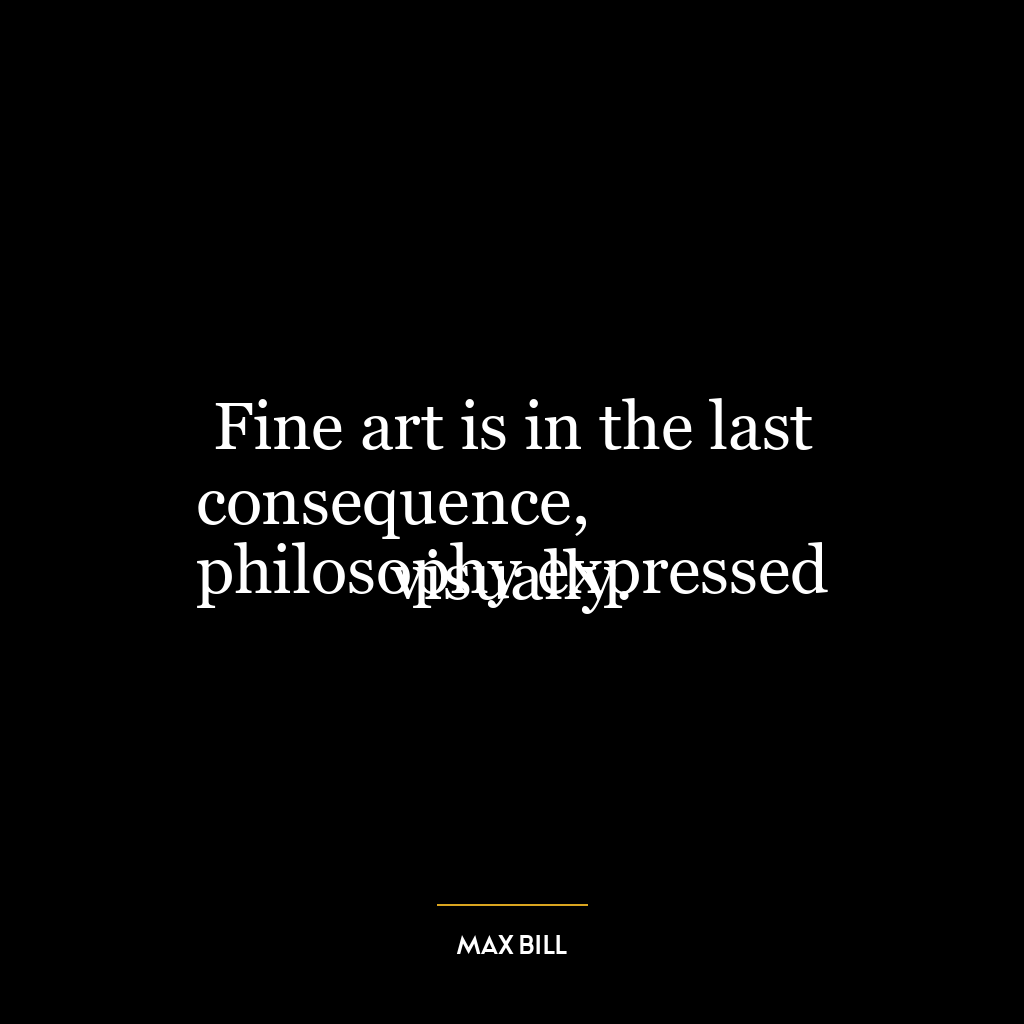If Socrates died like a philosopher, Jesus Christ died like a God.
This quote by Jean-Jacques Rousseau, “If Socrates died like a philosopher, Jesus Christ died like a God,” compares the deaths of two influential figures in history, Socrates and Jesus Christ, and the manner of their deaths in relation to their beliefs and teachings.
Socrates, a classical Greek philosopher, was known for his wisdom and his commitment to seeking truth. He was sentenced to death by hemlock poisoning for his philosophies which were seen as corrupting the youth and disrespecting the gods. He accepted his death calmly and rationally, engaging in philosophical discussions up until his final moments. This is what Rousseau refers to when he says Socrates died like a philosopher; he died embodying the principles he lived by, demonstrating wisdom, courage, and acceptance.
On the other hand, Jesus Christ, the central figure of Christianity, was crucified for his teachings and claims of divinity. Christians believe that Jesus’ death was a sacrifice for the sins of humanity and that he was resurrected three days later, thus proving his divinity. When Rousseau says Jesus died like a God, he is referring to this divine aspect of Jesus’ death and resurrection, which goes beyond human understanding and embodies the concept of divine love and sacrifice.
In today’s world, this quote can be applied to the idea of living and dying by one’s beliefs and principles. Just like Socrates and Jesus, individuals today can strive to fully embody their values and beliefs, even in the face of adversity or death. This could mean standing up for one’s principles, making sacrifices for the greater good, or persisting in one’s path despite challenges.
In terms of personal development, this quote might inspire one to reflect on their own values and beliefs and how these are manifested in their actions. It encourages consistency between belief and action, and the courage to uphold one’s principles even when it is difficult. Furthermore, it prompts contemplation on the legacy one wants to leave behind, and how one’s life and death can reflect their deepest convictions.















